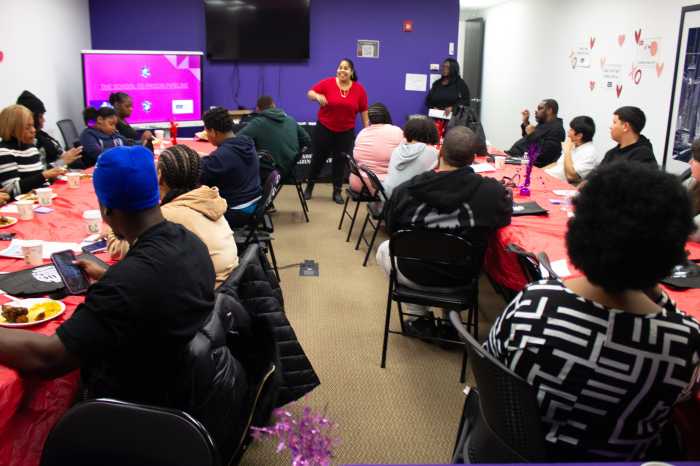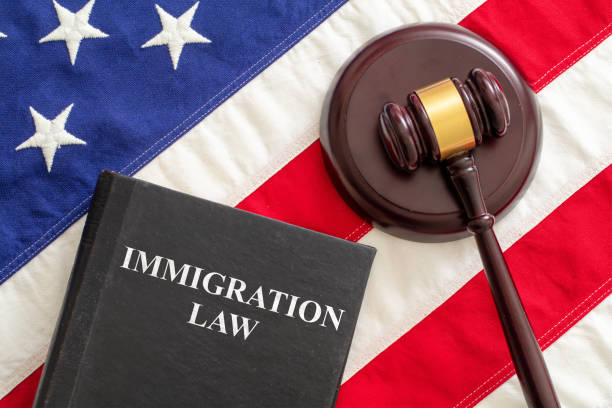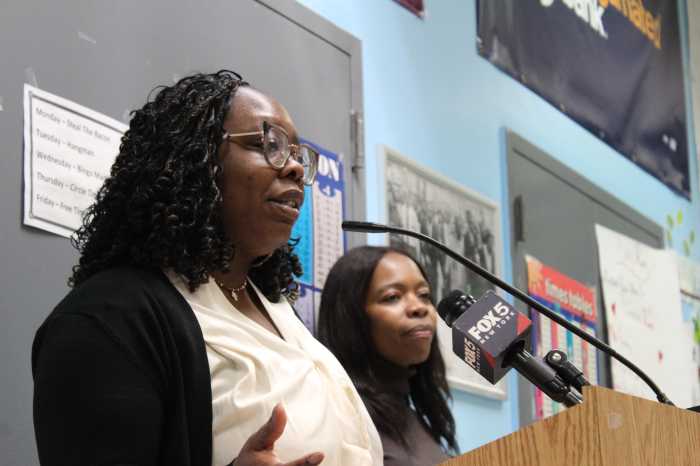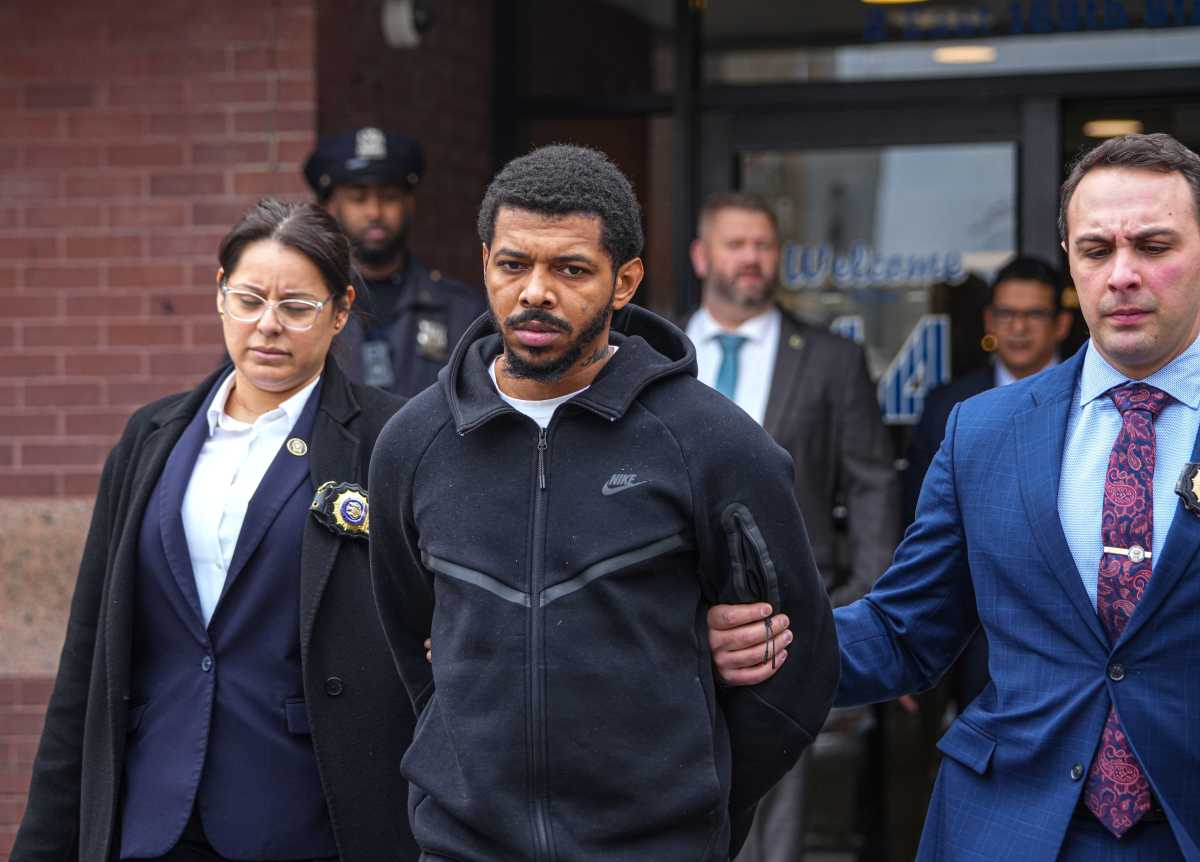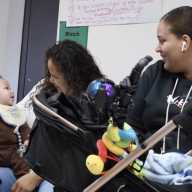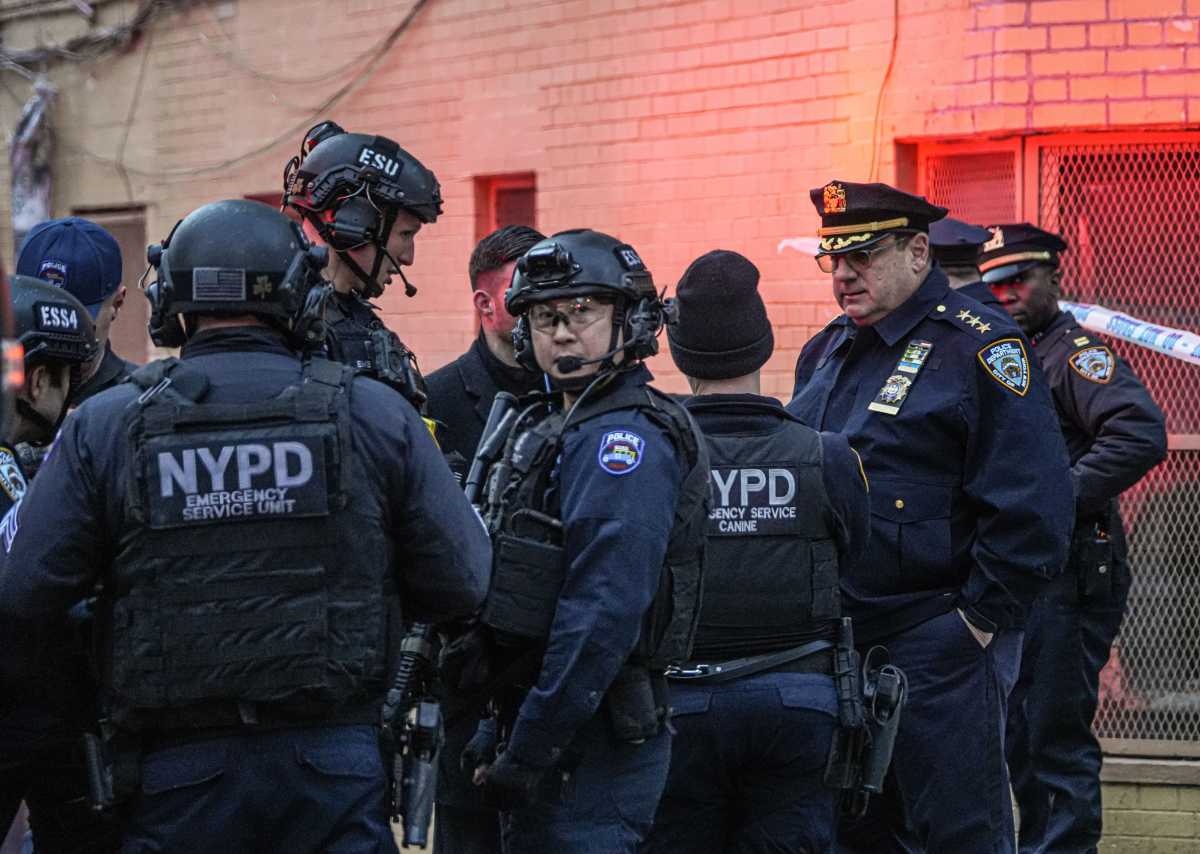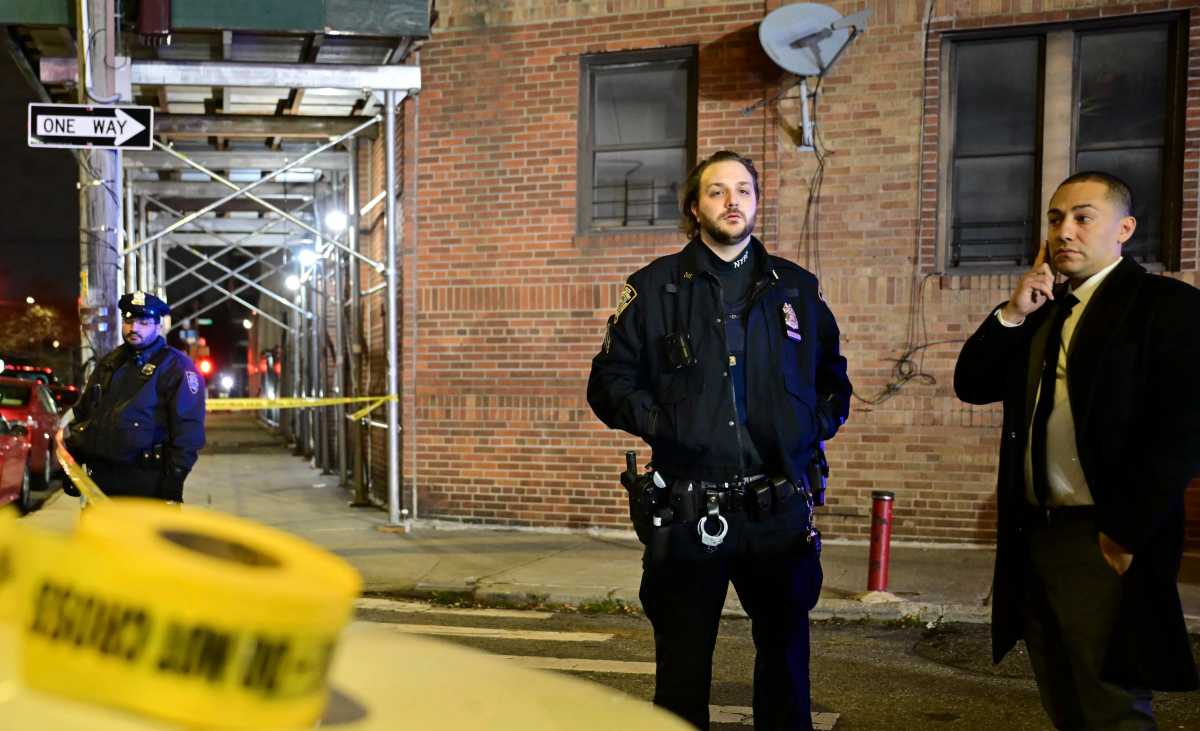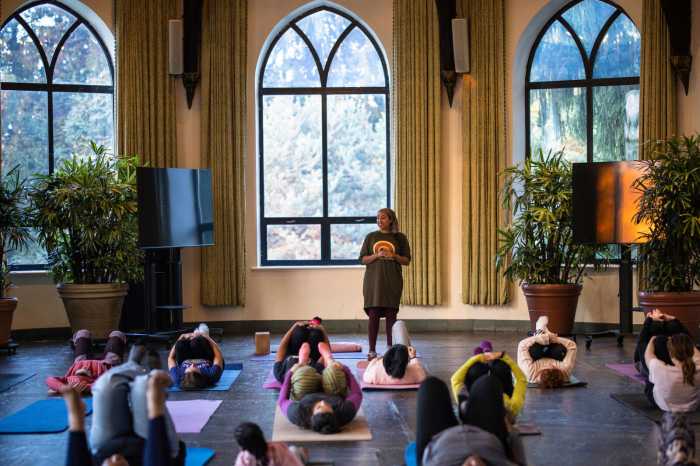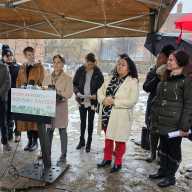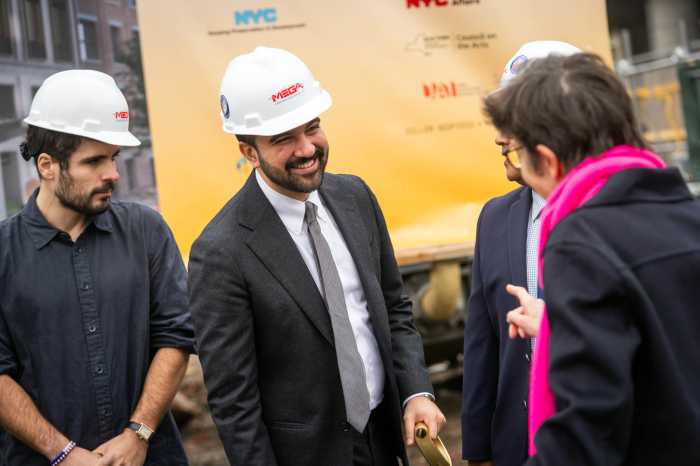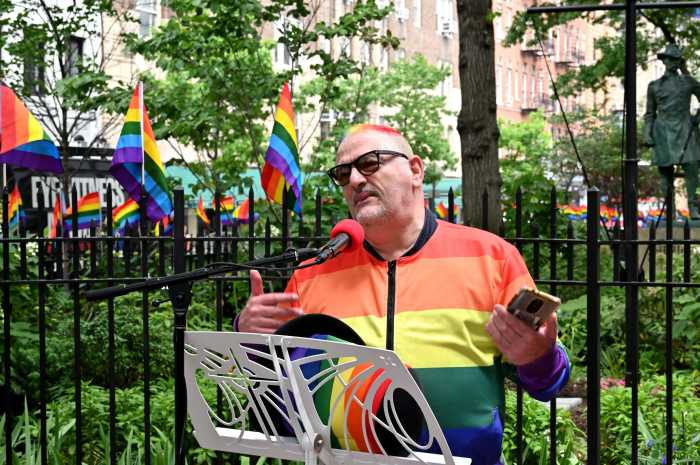The Bronx Defenders, a nonprofit public defender, released a new report Tuesday that accused New York City’s Administration for Children’s Services (ACS) of racist practices that severely and unjustly punished Black and Brown families in the Bronx, despite the agency’s commitment to racial equity.
Titled *“The Wound is Still Fresh,”* the report drew from firsthand accounts of dozens of families who described invasive investigations, unnecessary family separations, and lasting emotional trauma caused by ACS.
“For too long, ACS has terrorized Black and Latine families with impunity, leaving parents and children permanently scarred in its wake,” said Anne Venhuizen, Supervising Attorney in the Impact Litigation Practice at The Bronx Defenders. “The stories in this report lay bare the cruelty and deep-seated racism baked into ACS practices. New York City must take responsibility and break its deadly dependency on the systemic, racist policing of Black and Latine families.”
The Bronx Defenders criticized the agency tasked with protecting Bronx children saying that although ACS has publicly admitted to racially biased methods and for years touted their efforts to reform, the agency’s commitments amounted to nothing more than empty promises.
Former ACS Commissioner, David A. Hansell, submitted written testimony to the New York City Council Committee on General Welfare oversight hearing on racial disparities in the child welfare system in October of 2020.
“We know that we have essential work to do to address racial inequities within ACS and in the child welfare and juvenile justice systems,” former Commissioner Hansell said in his written testimony at the time. “…While ACS has a commitment to supporting and strengthening families as the best way to keep children safe, we must confront the unintended negative consequences of our involvement on the experiences of families and communities.”
But data analysis from 2022 and 2023 still showed stark differences in the number of families of color ACS investigated and separated. Black children were 13 times more likely to be placed in foster care than their white peers, according to the Bronx Defender’s report. A New York Civil Liberty analysis of ACS data found that the majority of ACS cases and entries into the foster care system were concentrated in the Bronx.
Under state law, the agency is required to respond to all reports of suspected neglect or abuse of children in New York families. ACS has serval programs and alternative services that it has said are intended to minimize family separations and racial disparities.
“By promoting supportive services that better stabilize families and focusing our child protective teams where children may be in danger, we work to reduce both the racial disparities within the child welfare system and the number of families unnecessarily impacted by the child welfare system,” said a spokesperson for ACS. “We will always continue to listen, learn and evolve our critical work to keep safe and uplift New York’s children.”
The report identified four ways ACS allegedly enacts racial harm: overly punitive responses to circumstances outside of families’ control; snap judgments and poor investigations; the reliance on racial tropes to justify invasive interventions; and outright violations of laws designed to protect families from unnecessary state intrusion.
One story in the report recounted the experience of Brittany, a Black mother of four, whose daughter nearly drowned while she was in the bathtub. Brittany was out of town at the time and the accident happened when her daughter was with her father. The young woman immediately rushed home to be with her daughter in the hospital. Nevertheless, ACS opened an investigation into Brittany and eventually separated her from all four of her children for an entire year.
“ACS retraumatized me while I was dealing with my child’s serious medical condition,” Brittany said. “They never supported me, and they never really cared about my kids. They tried to break me just as they have tried to break thousands of other parents before me. Their treatment of families like mine is unfair, harmful, and doesn’t keep people safe.”
A judge returned all four children to Brittany’s care after ACS dropped its case of neglect against her.
The report alleged that ACS continues to dismiss both internal and external calls for reform and transparency. According to The Bronx Defenders, the agency has failed to publish key plans aimed at reducing racial disparities and has even concealed data about racially biased practices.
In another case highlighted, Teresa, a Latine mother of two, endured a months-long ordeal after an anonymous false report triggered an ACS investigation. Though the initial claim was quickly disproven, the agency shifted its scrutiny to the cleanliness of her home, questioning whether it was a safe environment for children.
“ACS preyed on my vulnerabilities,” Teresa said. “I did not know my rights and they took advantage of me. Nothing I did was never enough. To this day my daughter and I are still scared whenever anyone knocks on the door.”
ACS asked that the children stay with a family member while Teresa address the agency’s concerns. Teresa complied with every demand, including deep-cleaning her home, storing belongings off-site, and even submitting to drug testing despite no history of substance use. Still, the agency would not permit the children to return.
Eventually more than three months later, once Teresa got legal representation challenging ACS, the agency agreed to allow the children back with their mother.
Families also described the often suffer severe psychological consequences for children subjected to ACS interventions—bedwetting, sleep disorders, declining school performance, and chronic anxiety. These effects, The Bronx Defenders argued, were directly tied to the trauma of family separation and surveillance, particularly when grounded in racial bias.
Mothers like Brittany and Teresa said they were haunted by the pain and damage to their families after being investigated and split up by ACS. The Defenders called on the city to break away from what it described as ACS’s “deadly dependency” on policing families and to instead invest in community-driven support systems that respect the dignity and rights of Black and Brown families.


